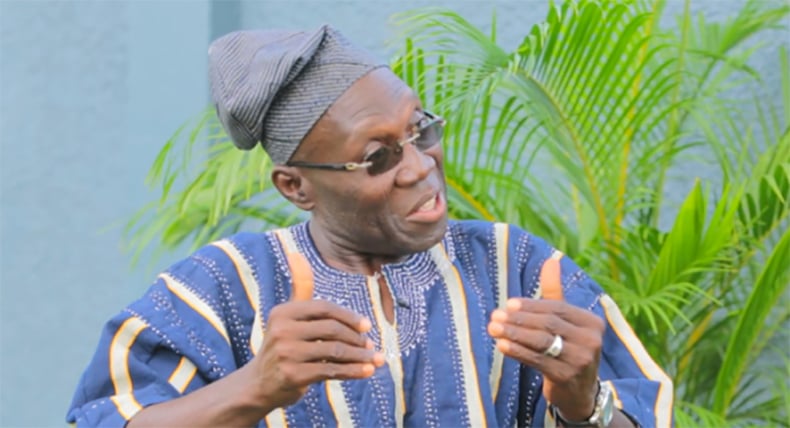The controversy surrounding Chief Justice Gertrude Torkornoo began with petitions submitted to President John Dramani Mahama alleging misconduct. These petitions, the content of which has not been publicly disclosed, triggered a formal process that includes referral to the Council of State for advice and a granted period for the Chief Justice to respond. This situation has sparked debate, raising concerns about potential political motivations behind the petitions and the broader implications for judicial independence in Ghana. Former Member of Parliament Inusah Fuseini has stepped into this contentious arena, vehemently denying any political orchestration of the petitions and emphasizing the current government’s commitment to respecting the judiciary’s autonomy.
Fuseini’s core argument rests on the principle of separation of powers and the importance of avoiding even the appearance of executive interference in judicial matters. He highlights the potential damage to democratic governance if the executive branch, elected by the people, were to exert undue influence over the judiciary, a body designed to be impartial and independent. This principle, he argues, underscores the government’s cautious approach to the petitions, ensuring that due process is followed while refraining from any actions that could be construed as politically motivated. He underscored the importance of upholding the integrity of the judicial process, stressing that the government’s actions are solely in response to the submitted petitions and not part of a pre-planned strategy.
Addressing the allegations of political motivation directly, Fuseini dismisses them as unfounded speculation. He challenges the narrative that the petitions are part of a predetermined political agenda, attributing such claims to misinterpretations and potentially malicious attempts to politicize a legitimate legal process. He emphasizes that the government’s commitment to upholding liberty and resetting the country does not translate into a pre-ordained course of action against the Chief Justice. Rather, the government’s response is a necessary and appropriate reaction to the allegations brought forward, undertaken with due respect for the judiciary’s independent role.
Fuseini’s assertions, however, exist within a larger context of political and judicial dynamics in Ghana. The timing of the petitions, shortly after the appointment of Chief Justice Torkornoo, inevitably fuels speculation about underlying political motives. While Fuseini insists on the government’s commitment to judicial independence, critics may point to the potential for implicit pressure on the judiciary, even if direct interference is avoided. The very act of initiating an investigation, regardless of its eventual outcome, can cast a shadow over the Chief Justice’s authority and potentially impact the perception of judicial impartiality. Furthermore, the public discourse surrounding the petitions, fueled by political commentary and media coverage, can further complicate the issue, making it difficult to separate legitimate concerns about judicial conduct from politically driven attacks.
The situation also raises broader questions about the mechanisms for addressing allegations against high-ranking judicial officials. While accountability is crucial, the process must be carefully designed to protect against politically motivated accusations and ensure fairness. The involvement of the Council of State, a body with advisory functions, adds another layer to the proceedings, potentially influencing the outcome and further politicizing the situation depending on the Council’s perceived alignment with the government. The balance between ensuring accountability and safeguarding judicial independence is a delicate one, and the current controversy highlights the complexities of navigating this delicate balance in a politically charged environment.
Ultimately, the resolution of the petitions against Chief Justice Torkornoo will have significant implications for the future of judicial independence in Ghana. The outcome, whether it leads to further investigation, exoneration, or other measures, will inevitably shape public perception of both the judiciary and the government’s commitment to its autonomy. Fuseini’s insistence on the absence of political motivation may assuage some concerns, but the unfolding process will be closely scrutinized for any signs of undue influence. The long-term impact on the relationship between the executive and judicial branches remains to be seen, and the case of Chief Justice Torkornoo may well serve as a defining moment in the ongoing evolution of Ghana’s democratic institutions.














